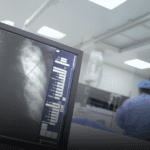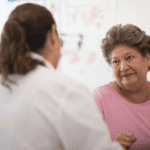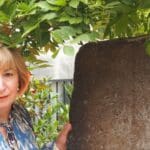Blog Topic: Prevention & screening
New research investigating the impact of alcohol use on mortality in Australia has been published by the Daffodil Centre, a joint venture between Cancer Council NSW and the University of Sydney, showing that for every additional 7 drinks per week someone has, their relative risk of death from alcohol-related cancers rises by 12%. The study […]

New research from the Daffodil Centre, a joint venture between Cancer Council NSW and the University of Sydney, shows how many people will be eligible for the program when it is launched in July 2025. What is the National Lung Cancer Screening Program? In May 2023, the Australian Government announced they will fund a $264million […]

Improve your long game is Cancer Council NSW’s free sun protection program which empowers golf clubs across the state to foster skin protection to help their golfers be safe from the sun and reduce their risk of skin cancer. Golf NSW and Professional Golfers Association of Australia (PGA) have shown their support for the program […]

Every year in Australia, around 900 women are diagnosed with cervical cancer. Fortunately, cervical cancer is one of the most preventable cancers. That’s because early detection and treatment can greatly enhance survival. Nearly all cases of cervical cancer are caused by human papillomavirus (HPV). Regular cervical screening helps identify women and people with a cervix […]

Breast cancer is the most diagnosed cancer in women in Australia, aside from common skin cancers.
In 2023, almost 21,000 people were expected to be diagnosed with breast cancer across the country.
Screening plays a crucial role in early detection, and early detection save lives.




